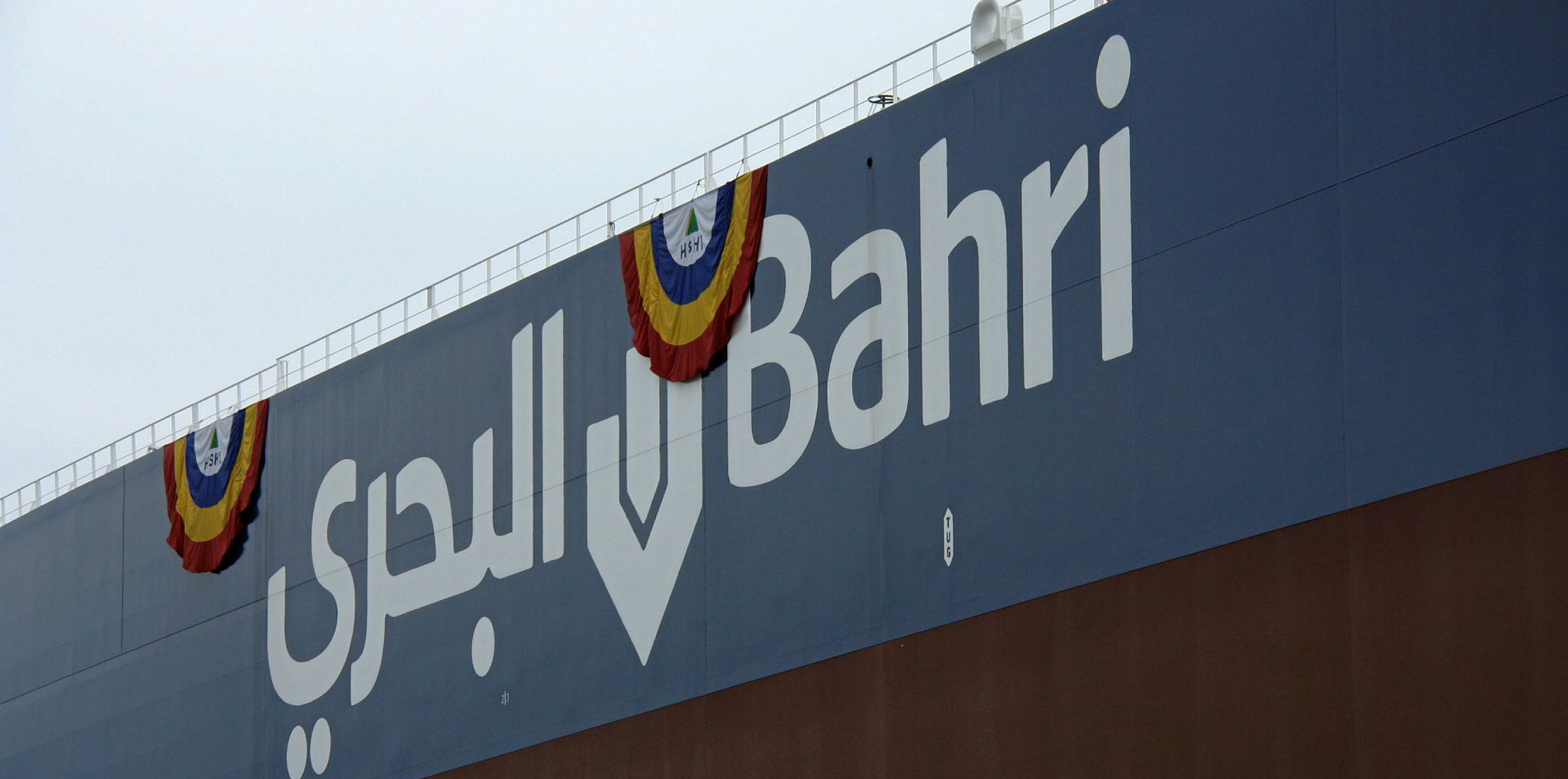Tankers being shunted into floating storage is a trend that probably won't end, but an oil supply cut could send the tanker market into a tailspin, Evercore's John Chappell warns.
He said on Wednesday that the next 48 hours are "massively important" for the tanker market, as Opec, its allies and G20 members are set to meet to discuss the recent collapse in oil prices.
"Fundamentally, we do not believe that Opec+ can make a cut anywhere near deep enough to offset near-term demand destruction, and our house view is that onshore storage capacity will be full by the end of this month," Chappell said.
"However, as we’ve learned several times in the last two decades, sentiment can be a stronger force than fundamentals in shipping shares. Thus, if the market believes that Opec+ is taking the appropriate steps and that demand will snap back post global shutdowns, resulting in a narrowing of the contango and line of sight to a shift back toward backwardation, then the tanker trade is effectively over."
Tanker rates soared after Saudi Arabia moved to pump more oil after supply cut talks with Opec allies failed in early March, making shares of tanker owner a rare bright spot in an equities market dragged down by Covid-19 concerns.
Dozens of tankers were reportedly fixed as floating storage, with tanker owners hailing a market oversupplied by 20m barrels of oil per day and the world's 300m barrels of onshore storage quickly filling up.
The floating storage had a knock-on effect for tankers in the spot market, which began fetching higher rates due to lower supply, though earnings have moderated.
Despite his belief that supply cuts would not be deep enough, Chappell said "headlines and sentiment will rule the day" around the Easter holiday.
"[B]ut ultimately, your ability to make money buying or selling tanker stocks will be strictly a function of the oil price curve," he wrote. "In the immortal words of Queensryche: Nothing Else Matters."






